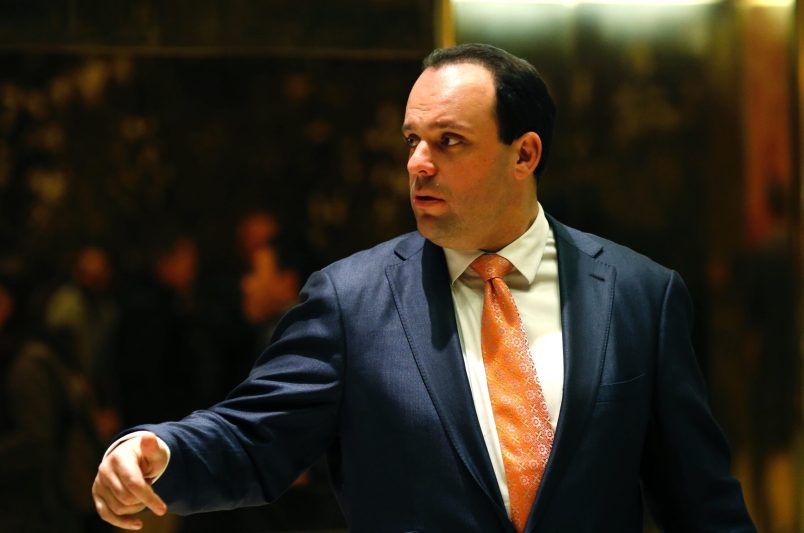On Social Security, Democratic unity is an absolute prerequisite for success. And as I wrote a few days ago, Democrats should, probably must, “consider pulling together the major funders of the party, the official committees, the major organizations, basically the entire infrastructure of the Democratic party and making clear to individual members that if they sign on to the president’s plan to phase out Social Security, those various institutions and individuals won’t fund their campaigns. Not in 2006, not ever. Similar committments can come from voters, activists and volunteers. And free rein to primary challengers. If a couple folks lose their seats because of underfunding or tough primaries, so be it.”
And as we noted the next day, there’s already a test case: Allen Boyd of Florida.
Boyd was just reelected by a 62% margin in November; but Kerry only pulled 43% in his district. So he wins by comfortable margins. But it’s certainly a competitive district. Indeed, after the election, Boyd told the Tallasassee Democrat that he was “for the first time pessimistic” about the Democratic party’s future in rural Florida. “In the 2nd District, John Kerry got 43 percent of the vote, and almost half of that came out of Leon and Gadsden counties. We’re getting killed in the rural areas, and I’m very concerned about that. We have to change that.”
When I see Democrats running in districts that elect Republican presidents, I figure they must have strong reasons for being Democrats, even if their district profile makes their politics different than mine. As I said, though, I don’t think Social Security is a compromisable issue — especially when the campaign against it is built on disinformation and lies. The funny thing is, when you consider the demographic profile of rural America I really don’t think phasing out Social Security is a vote-driving issue there. Guns? Abortion? Sure. Ending Social Security? I doubt it.
So, I figure there must be some aspiring Democrats in the 2nd District who might be interested in challenging Boyd in the 2006 primary, though few such contests lead to the challenger actually getting elected to the office in question.
Who are they?
Who runs the local Democratic party committee? What are the big local organizations?
And what about Boyd’s funders? Here’s the FEC listing of all his PAC or committee funders in the last cycle. The total comes out to just under $900,000. As you’d expect, a lot of the money comes from various business groups that are represented in his district and others with national concerns. But there are a lot of union PACs listed there too. Just scanning the list I see AFL-CIO, AFSCME, the trainmen, firefighters, etc. And plenty of Democratic members of congress. Barney Frank chipped in a grand. Robert Wexler gave the same (and he has big ambitions — so he’s reachable).
This is only one part of the equation. But unity is essential. And achieving it not only means a lot of work on persuasion, but also an assurance that Democrats who vote to end Social Security will be out in the cold.






